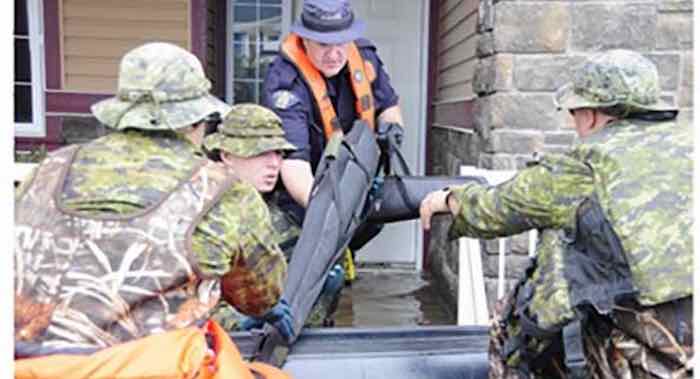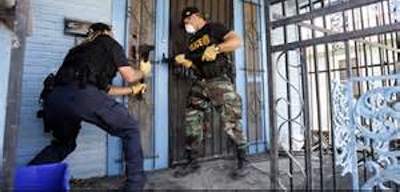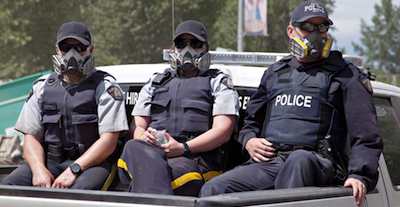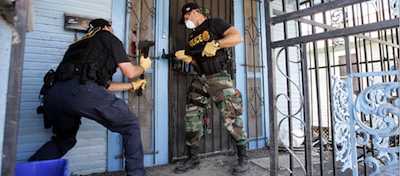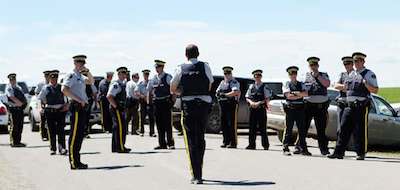Could the same thing happen in Canada?
 AURORA, Ill. - An initial background check failed to detect a felony conviction that should have barred the man who killed five co-workers and wounded six other people at a suburban Chicago manufacturing plant from buying the gun. Months later, a second background check of Gary Martin found his 1995 aggravated assault conviction in Mississippi involving the stabbing of an ex-girlfriend.
AURORA, Ill. - An initial background check failed to detect a felony conviction that should have barred the man who killed five co-workers and wounded six other people at a suburban Chicago manufacturing plant from buying the gun. Months later, a second background check of Gary Martin found his 1995 aggravated assault conviction in Mississippi involving the stabbing of an ex-girlfriend.
- Monday, February 18, 2019

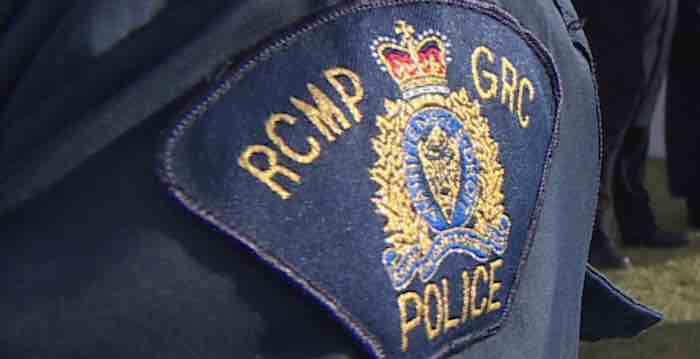 Summary of High River Rights Violations Still Hidden
Summary of High River Rights Violations Still Hidden
 The Justin Trudeau government is once again proceeding to pass new gun control laws without knowing whether the previous gun laws have hit the right target or not.
The Justin Trudeau government is once again proceeding to pass new gun control laws without knowing whether the previous gun laws have hit the right target or not. 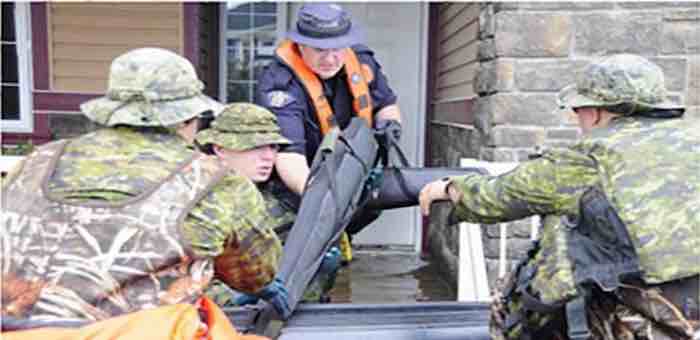 On August 7, 2014, a telephone poll of all listed phone numbers in High River, Alberta showed that 53 percent of High River respondents would refuse orders to evacuate their homes in the event of another flood. On September 9, 2016 another telephone poll of all listed phone numbers in High River produced similar results: less than half of High River residents trust the RCMP to protect their homes and property in the event of another emergency evacuation order.
On August 7, 2014, a telephone poll of all listed phone numbers in High River, Alberta showed that 53 percent of High River respondents would refuse orders to evacuate their homes in the event of another flood. On September 9, 2016 another telephone poll of all listed phone numbers in High River produced similar results: less than half of High River residents trust the RCMP to protect their homes and property in the event of another emergency evacuation order.
